Zack Miller
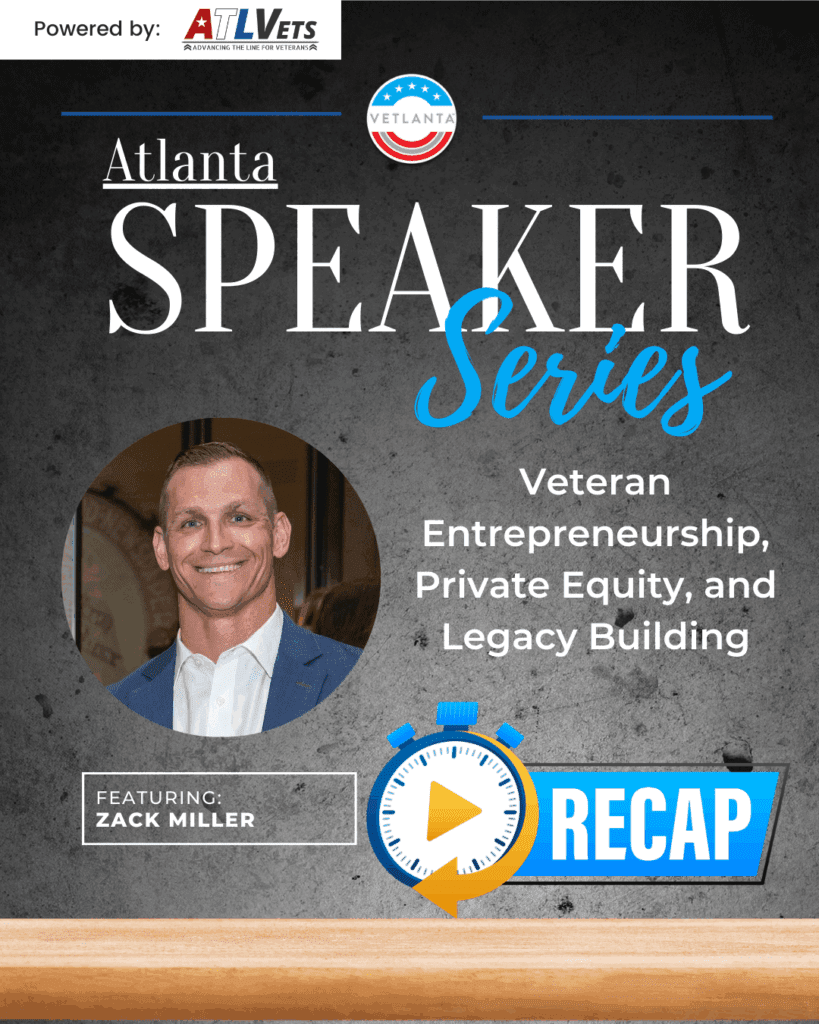
Breaking Barriers: Zack Miller on Veteran Entrepreneurship, Private Equity, and Legacy Building
At the August ATLVets Speaker Series, we had the honor of featuring Zack Miller, CEO of Patriot Growth Capital (PGC). The evening wasn’t just about business—it was about breaking barriers, redefining opportunity, and creating generational impact for veterans and their families.
Miller’s story is a powerful example of what happens when entrepreneurial drive collides with purpose. Raised in a Marine Corps family and forged in the fast-paced world of advertising and startups, Miller eventually transitioned into private equity. But instead of focusing solely on profit, he and his co-founders set out to build something different: a firm that equips veterans and their families to step into ownership through acquisition.
“Veterans don’t need to know how to run a business,” Miller explained. “They just need the opportunity to own one—and the mentorship to succeed.”
The Barriers Veterans Face
Fear. Lack of capital. Limited mentorship. Analysis paralysis.
When Miller asked the room about the biggest barriers to entrepreneurship, these words came up again and again. Veterans often leave service with leadership skills, grit, and a deep sense of mission—but without the roadmap or resources to take the entrepreneurial leap.
Miller’s response was simple but profound:
“The barriers aren’t as real as you think—they’re in your head. With the right ecosystem, they can be removed.”
PGC provides that ecosystem. From raising capital to sourcing deals, from mentorship to operational guidance, the firm equips veterans and family members to acquire companies and grow them into sustainable legacies.
The Power of Dream Work
One of the most unique aspects of Miller and ATLVets’ approach is the Dream Work Exercise. Every veteran or family member entering the program must complete it.
The exercise asks participants to define their ideal life—five, ten, or twenty years from now. It could be as simple as monthly date nights, or as ambitious as owning multiple companies. The goal is to articulate not just professional ambitions, but personal and family dreams.
“We want to know everything about you—your wins, your struggles, even your nightmares,” Miller said. “Because if we understand your dreams, we can help you build toward them.”
This process isn’t optional. It’s a qualifier. If someone won’t invest the time to define their vision, they’re not yet ready for the responsibility of ownership.
Families as Operators
Perhaps the most powerful insight from Miller’s talk was the recognition that veteran families need opportunities too. Too often, programs focus exclusively on the service member. But spouses, siblings, and even children experience the weight of military service and its transitions.
PGC intentionally includes families in its operator model. Miller highlighted an example of a $13M e-commerce arts and crafts company that could be a perfect fit for a military spouse to own and operate—completely independent of geography.
“Veterans serve, but families sacrifice too,” Miller said. “They deserve pathways to ownership and purpose as much as the veterans themselves.”
Building a Veteran Center of Excellence
Looking to the future, Miller shared an ambitious vision: a Veteran Center of Excellence in Atlanta. The concept combines a defense technology accelerator, human performance training, co-working and conference space, and a hub for community connection.
The goal is to make Atlanta the Southeast’s home for dual-use defense technology—solutions that serve both the military and civilian sectors. This facility will also anchor ATLVets’ workshops, networking events, and mentorship programs, providing a single focal point for growth and innovation.
A Mission Beyond Profit
Miller and his partners set a bold goal: impact 1 million veteran families within 10 years.
How? By donating 5% of net proceeds from every PGC company back into ATLVets programs, by training veterans and families through a “Practical MBA” process, and by building a sustainable ecosystem where ownership and impact multiply.
As Miller put it:
“We’re not just buying businesses. We’re building legacies.”
Key Takeaway
The ATLVets Speaker Series with Zack Miller made one thing clear: veterans don’t need handouts—they need opportunities. With the right resources, mentorship, and vision, they can move from employees to owners, from service members to legacy builders.
And when that happens, the impact doesn’t just transform one veteran’s life—it changes the trajectory of entire families for generations.
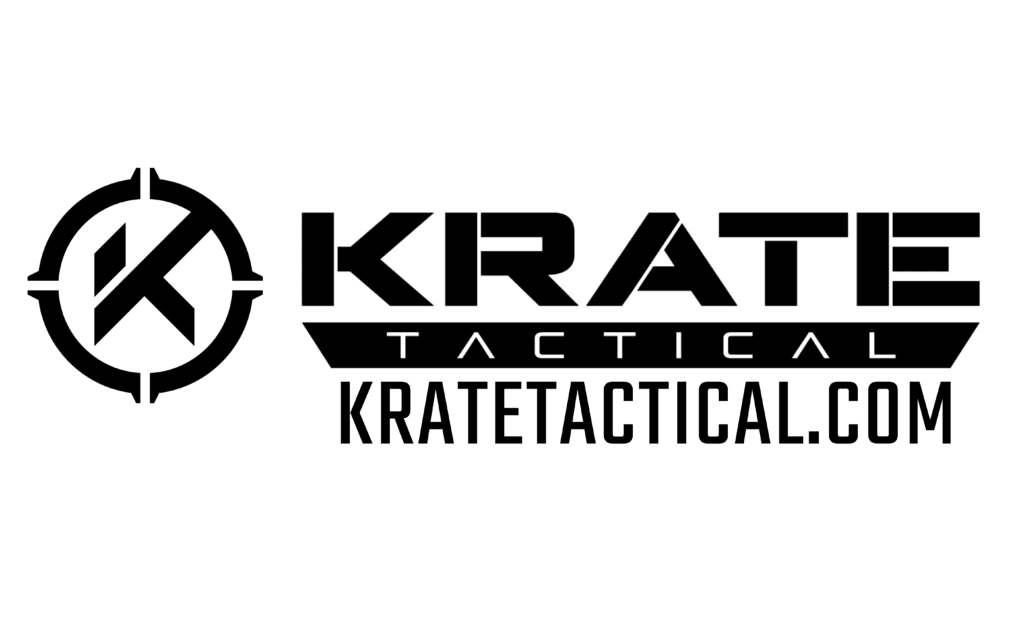
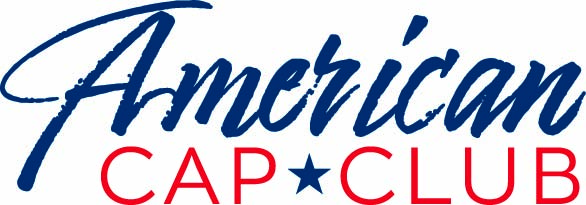
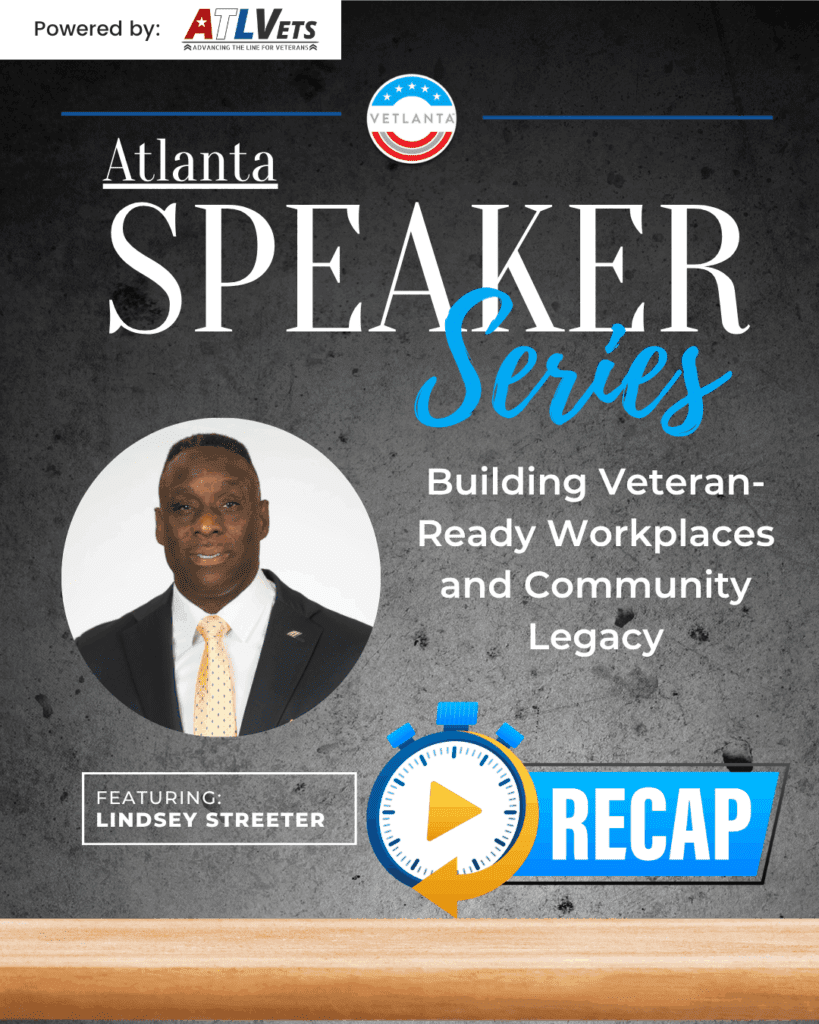

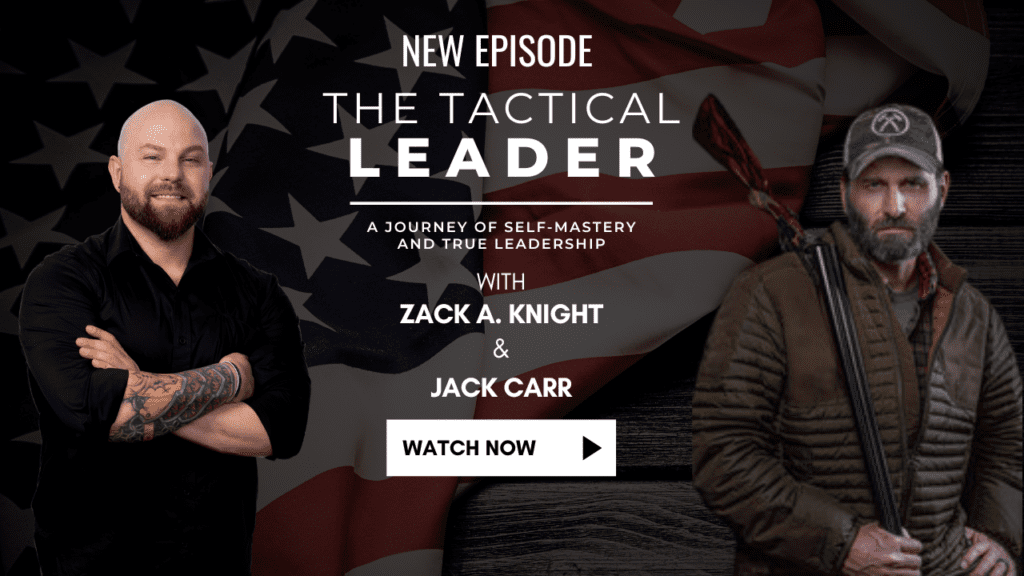

Responses